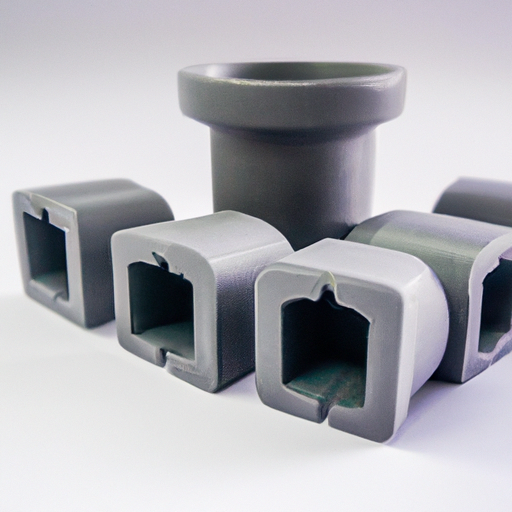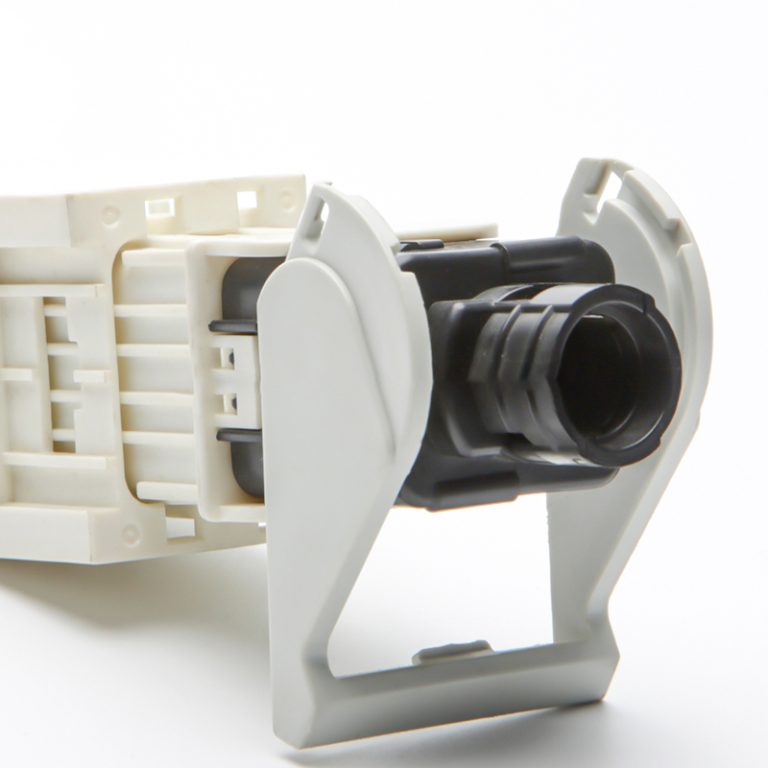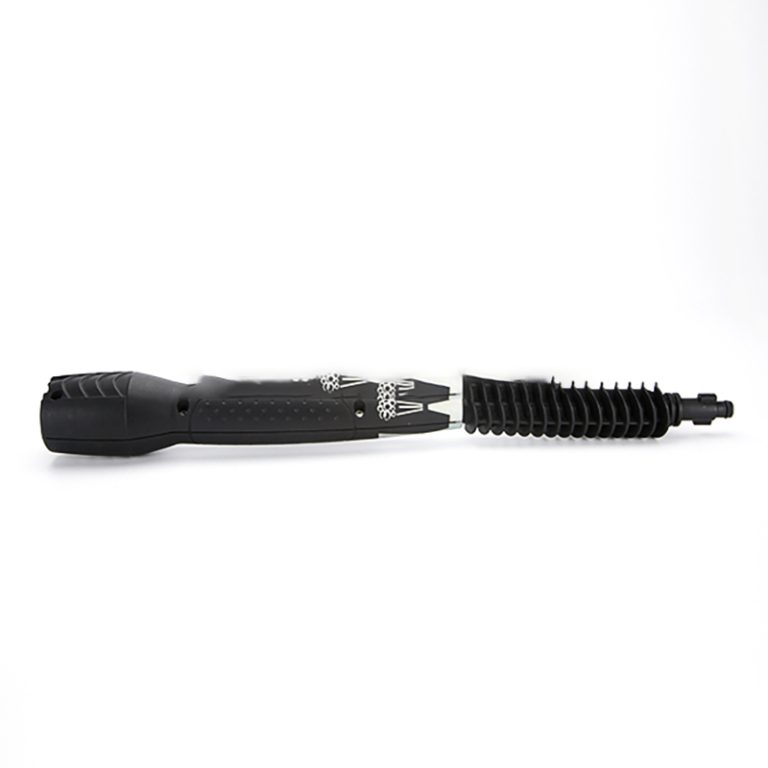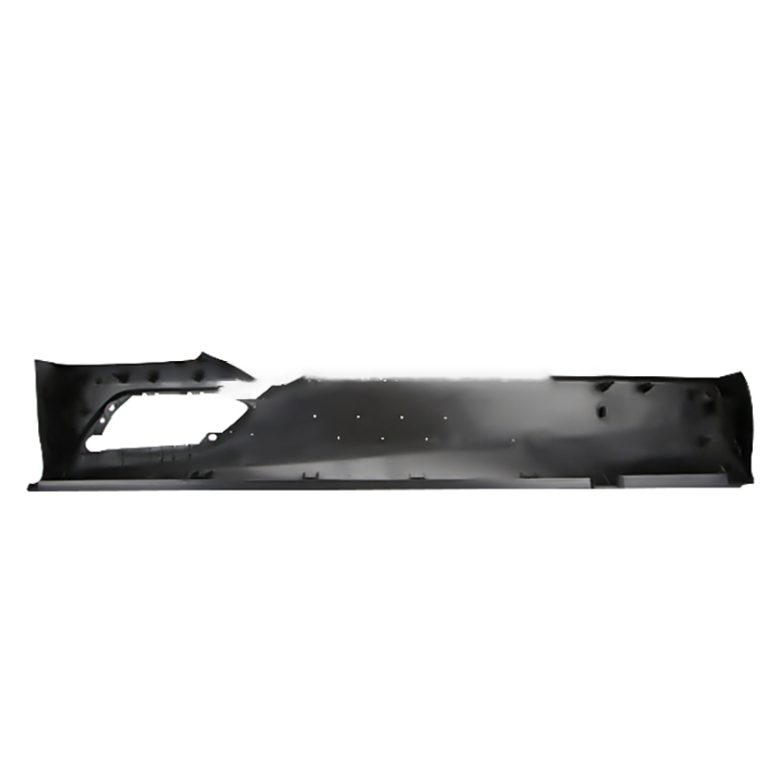The Importance of Quality Control in Spare Parts Plastic Injection Molding

Plastic injection molding is a widely used manufacturing process for producing spare parts. It involves injecting molten plastic into a mold cavity, allowing it to cool and solidify, and then ejecting the finished part. This process is known for its efficiency, cost-effectiveness, and ability to produce complex shapes with high precision. However, to ensure the production of high-quality spare parts, it is crucial to implement a robust quality control system.
| our services | size |
| one-stop services | customization |
Quality control plays a vital role in spare parts plastic injection molding. It involves a series of inspections and tests throughout the manufacturing process to ensure that the final product meets the required specifications. By implementing quality control measures, manufacturers can identify and rectify any defects or deviations from the desired outcome, ensuring that only parts of the highest quality are produced.

One of the primary reasons why quality control is essential in plastic injection molding is to prevent defects. Defects in spare parts can lead to performance issues, safety hazards, and increased costs. By implementing quality control measures, manufacturers can identify and address potential defects early in the production process, minimizing the risk of defective parts reaching the market. This not only helps to maintain the reputation of the manufacturer but also ensures customer satisfaction.
Another reason why quality control is crucial in spare parts plastic injection molding is to maintain consistency. Consistency in the production process is essential to ensure that each part meets the required specifications. By closely monitoring and controlling various parameters such as temperature, pressure, and cooling time, manufacturers can ensure that each part is produced with the same level of precision and quality. This consistency is particularly important when producing spare parts that need to fit or function with other components.
Furthermore, quality control helps to optimize the production process. By continuously monitoring and analyzing data from the manufacturing process, manufacturers can identify areas for improvement and implement corrective actions. This can lead to increased efficiency, reduced waste, and lower production costs. Quality control also allows manufacturers to identify any potential issues or bottlenecks in the production process, enabling them to take proactive measures to prevent delays or disruptions.
In addition to preventing defects, maintaining consistency, and optimizing the production process, quality control also ensures compliance with industry standards and regulations. Many industries have specific requirements for spare parts, such as automotive, aerospace, and medical sectors. By implementing quality control measures, manufacturers can ensure that their spare parts meet these stringent requirements, ensuring safety, reliability, and compatibility with other components.
In conclusion, quality control is of utmost importance in spare parts plastic injection molding. It helps to prevent defects, maintain consistency, optimize the production process, and ensure compliance with industry standards. By implementing a robust quality control system, manufacturers can produce spare parts of the highest quality, meeting customer expectations and maintaining their reputation in the market.






